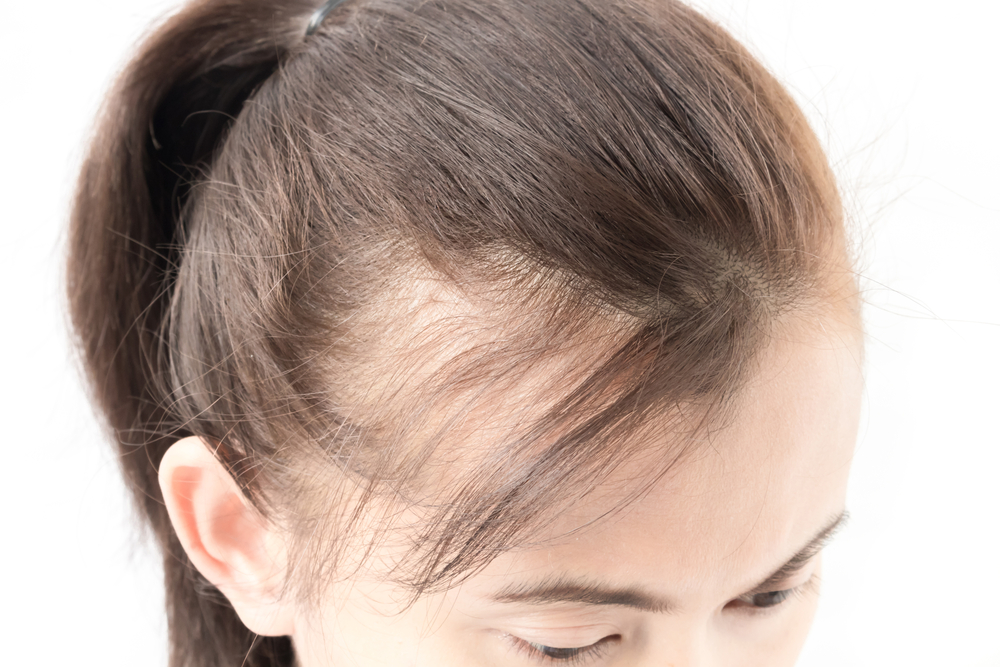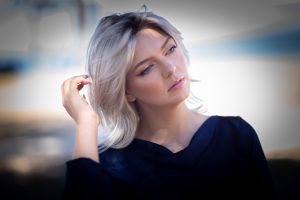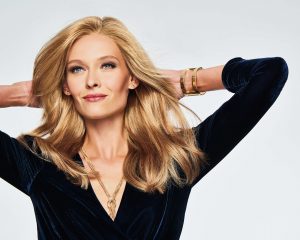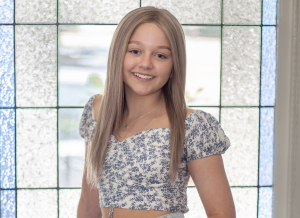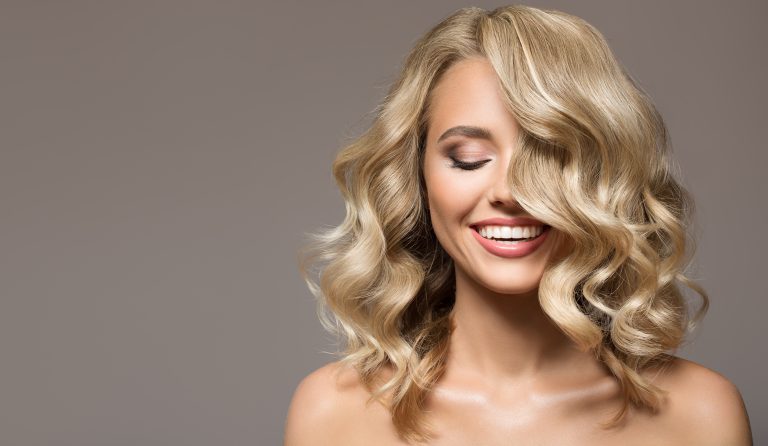September each year is Alopecia Awareness Month. A time to shed light on a condition that affects millions of people around the world. Alopecia is a medical term meaning hair loss. This condition affects people of all ages, genders, and backgrounds.
Alopecia Areata is an auto-immune disease that results in hair loss on the scalp and elsewhere on the body. From the most common type, Alopecia Areata, to more severe forms like Alopecia Totalis and Universalis, this condition can appear for. no reason and shows no favouritism to gender or age or ethnicity. It’s quick common during childhood and currently there is no known cure.
What Can I do if I have Alopecia Areata?
If you or someone you know is dealing with alopecia, it’s important to know there are things that can help regain confidence and self esteem.
- Connect with support groups or online communities as this can provide a safe space to share experiences, gain insights, and connect with others who understand what you’re going through.
- Experiment with hair toppers, wigs, scarves, hats, or a longer lasting solution without invasive hair surgery, like hair replacement.
- Take time for yourself and engage in activities that promote mental and emotional well-being. Exercise, taking up a new hobby, learning a new language, have a regular catch up with friends… all of these types of activities help with self care.
.
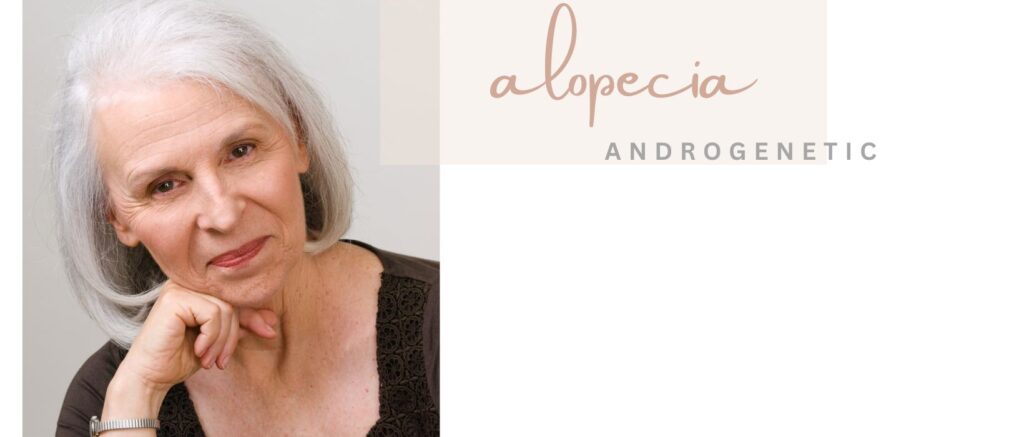
Who Is Affected by Alopecia Areata?
Alopecia can affect individuals of any age, but it often starts during childhood or adolescence. There is no firm understanding of why or how forms of alopecia start and it affects everyone from children, adolescents, adults and mature adults.
- It’s a widespread condition with Alopecia affecting approximately 2% of the global population.
- Alopecia can start at any age, as high as 60% of cases begin before the age of 20.
- While both genders are affected, alopecia areata is slightly more common in females, whereas alopecia totalis and universalis affect both genders equally.
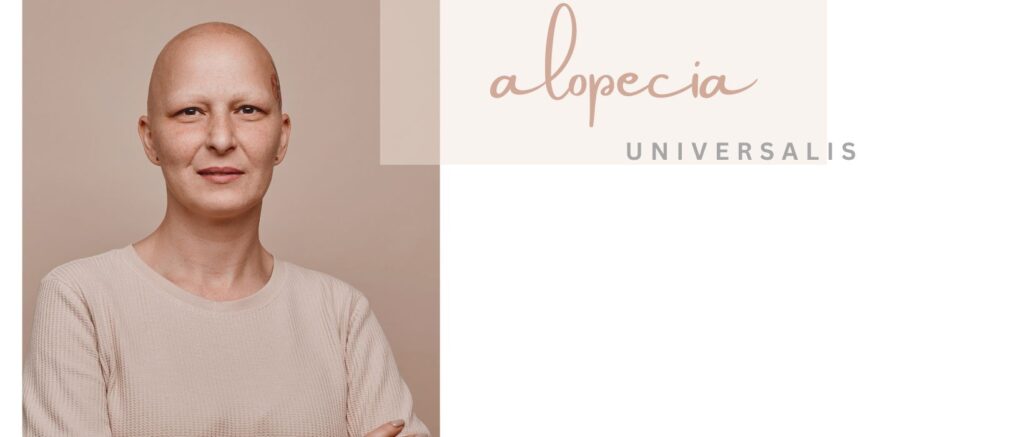
Are there ways to look like myself again?
Yes, absolutely, and by joining communities/following social media posts you can find out so may ways of ensuring you look how you want to look regardless of how mucxh hair loss you’re experiencing.
So many wonderful people with Alopecia are sharing their personal alopecia journey online and sharing tips of what they find works the best. By liking these pages and becoming involved in communities you soon become empowered and can gain confidence in how you look and how to make your style happen for you.
The most important thing to remember is that you are not in this alone and there is support for you with people experiencing a similar journey as yourself. The Australian Alopecia Areata Foundation offer a great way to join a community of people sharing the alopecia journey with you www.aaaf.org.au
Have a consult with a hair loss specialist who can guide you through which wearable hair solutions are going to be best choices for you. Your choice of hair topper or wig depends on the type of hair loss pattern you are experiencing, so having a consultation either online or in person with a specialist will provide some ideas on the types of options suitable for you.
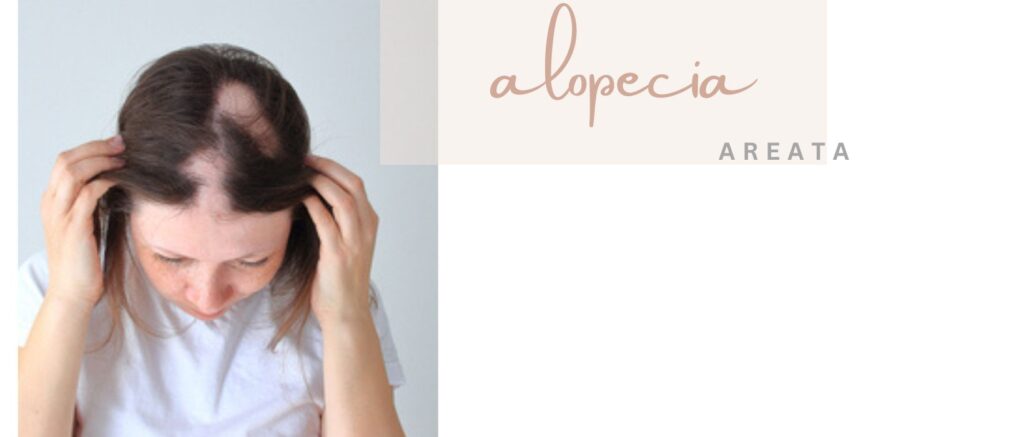
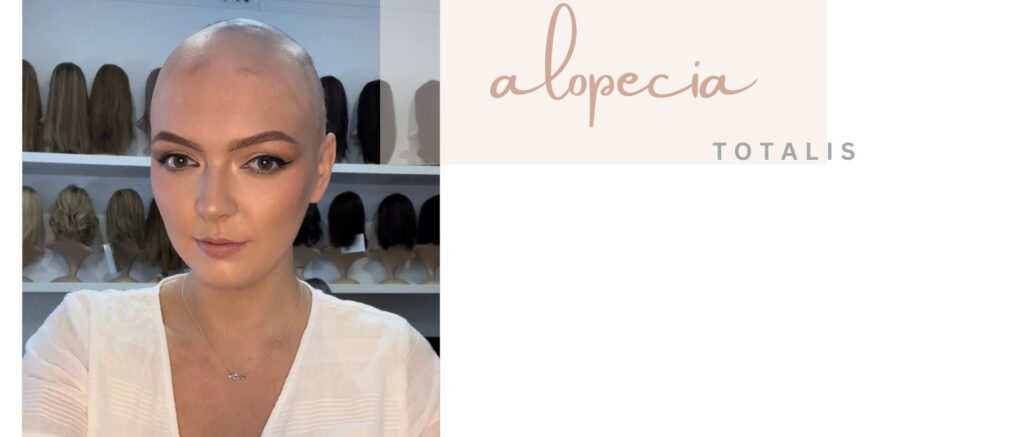
Alopecia Awareness Month is a perfect opportunity to come together as a community and educate/advocate for a positive change. With education and spreading the right information about alopecia and having open conversations we can look forward to a society and community that embraces diversity and everyone can feel valued and supported regardless of how their hair looks. We’d like to thank both the AAAF and one of our wonderful suppliers Jon Renau for their insights into alopecia. Jon Renau have a wonderful support community through real life stories on their website should you be interested to take a look.
